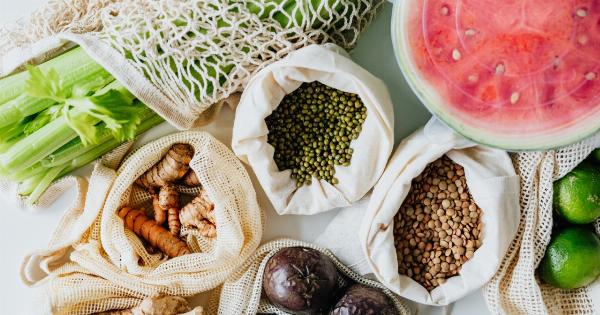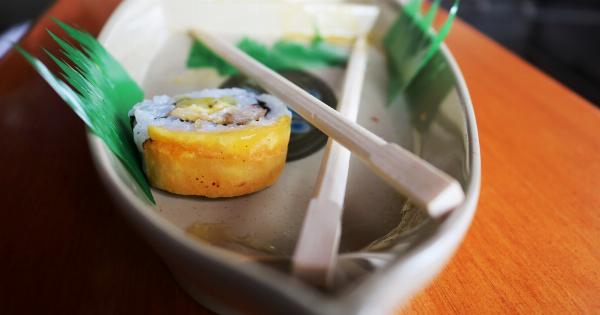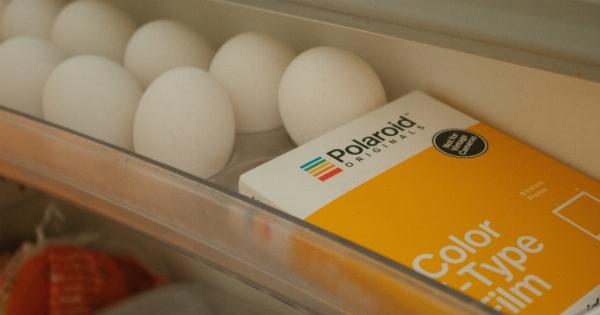Summer is a season of fun and outdoor activities. It’s a time to relax and enjoy the warm weather, but it’s also the time when the risk of food poisoning increases.
The hot weather can cause food to spoil more quickly, and outdoor activities such as picnics, barbecues, and camping can expose food to harmful bacteria. Here are some tips on how to avoid food poisoning during summer months.
Cleanliness is Key
Cleanliness is the first and most important step in preventing food poisoning. Wash your hands thoroughly before and after handling food, and keep all surfaces, utensils, and dishes clean and sanitized.
Use hot, soapy water to wash all fruits and vegetables, even if you are going to peel them. Wash your hands and utensils often, especially when handling raw meat or poultry.
Food Storage
Make sure to store food properly to prevent spoilage and bacterial growth. Keep perishable food, such as meat, poultry, and dairy products, refrigerated at all times. Make sure to keep your refrigerator at or below 40°F (4°C).
When transporting food, use a cooler with ice packs or frozen gel packs to keep the food at a safe temperature. If you are packing a picnic or taking food to a barbecue, be sure to keep hot food hot, at or above 140°F (60°C), and cold food cold, at or below 40°F (4°C).
Cooking and Grilling
Cooking meat and poultry to the right temperature is a crucial step in preventing food poisoning. Use a meat thermometer to ensure that meat and poultry are cooked to the appropriate temperature.
Cook ground beef to an internal temperature of 160°F (71°C), poultry to 165°F (74°C), and pork to 145°F (63°C). When grilling, preheat the grill for at least 10-15 minutes before cooking, and use a clean grill brush to remove any debris. When flipping meat or poultry, use separate tongs or spatulas for raw and cooked food.
Avoid Cross-Contamination
Raw meat and poultry can contain harmful bacteria that can spread to other foods through cross-contamination. Use separate cutting boards and utensils for raw meat and poultry and wash them in hot, soapy water after each use.
When marinating meat, use a separate container and do not reuse marinade that has come into contact with raw meat. Store cooked and ready-to-eat food separate from raw meat and poultry to prevent cross-contamination.
What to Do If You Suspect Food Poisoning
If you suspect that you may have food poisoning, make sure to seek medical attention right away. Symptoms may include nausea, vomiting, diarrhea, abdominal pain, and fever. It is important to stay hydrated by drinking plenty of fluids.
Rest and avoid solid foods until you begin to feel better. If you are experiencing severe symptoms, such as blood in your stool, or if you are pregnant, elderly, or have a weakened immune system, seek medical attention immediately.
Food Safety Tips for Summer Festivals and Fairs
Summer festivals and fairs are a great way to enjoy the season, but they can also be a potential source of food poisoning. Here are some tips to help you stay safe:.
- Choose food vendors that have clean and tidy food stalls.
- Make sure food is kept at the correct temperature – hot food should be hot and cold food should be cold.
- Avoid raw or undercooked meat, poultry, or eggs.
- Wash your hands often with soap and water, and use hand sanitizer when washing is not possible.
- Avoid touching your face, especially your eyes, nose, and mouth, to prevent the spread of germs.
- Drink bottled water or beverages that come from sealed containers.
Conclusion
Food poisoning is a serious issue that affects millions of people each year. By following these tips and taking a few simple precautions, you can prevent food poisoning and enjoy a safe and healthy summer.



























